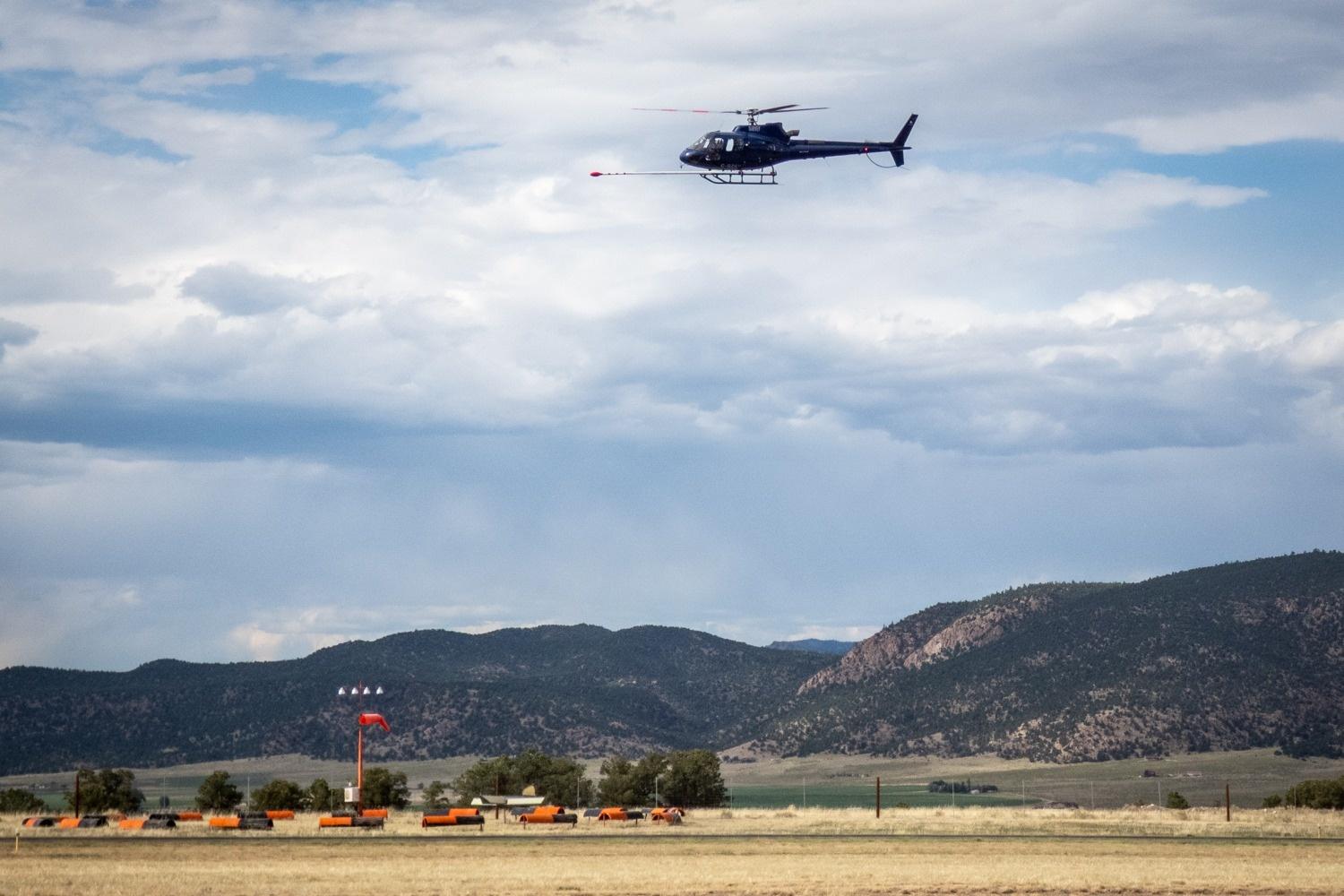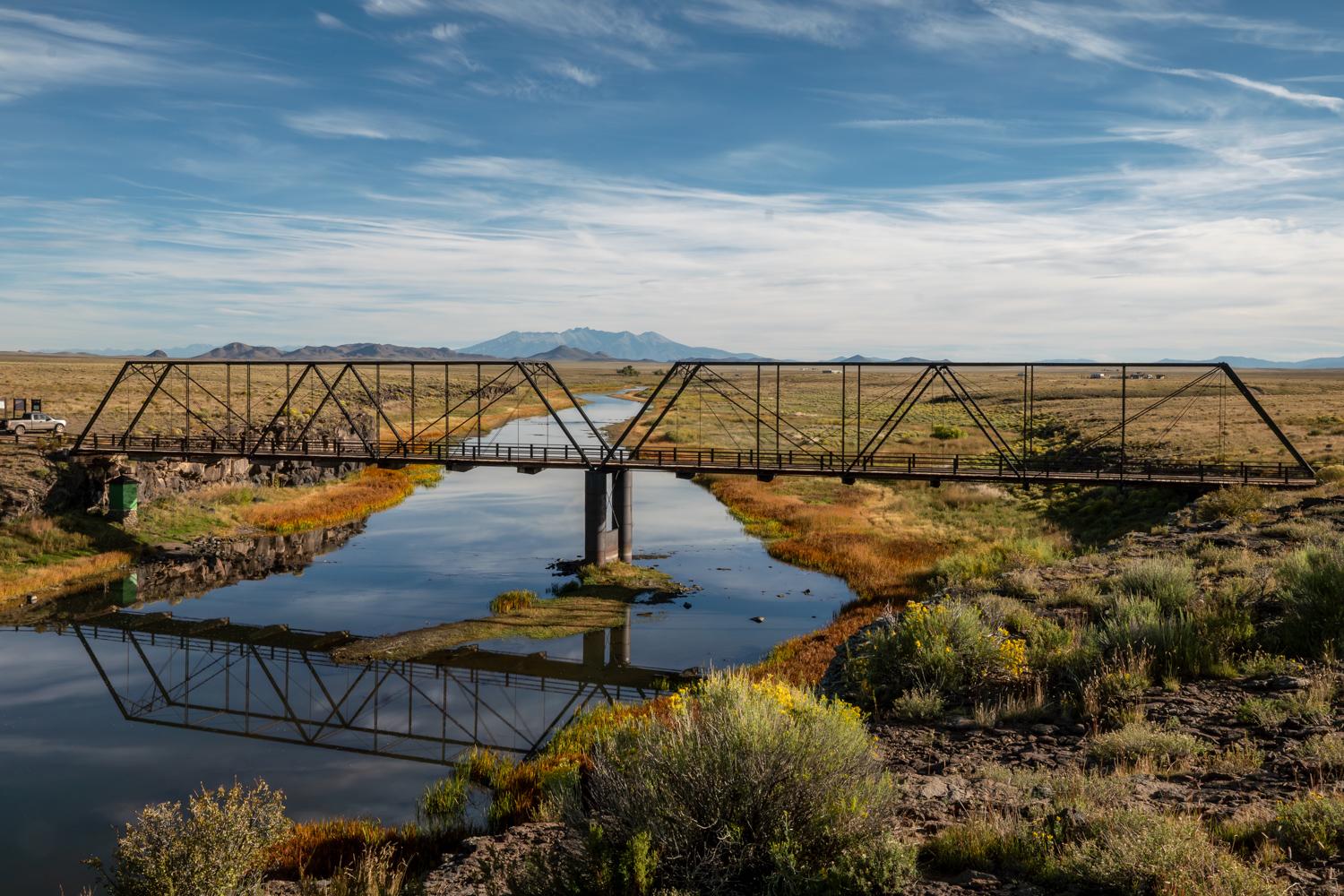
Colorado Ethics Watch wants more of the state’s school districts to post minutes of their board meetings online – as a state law requires.
In a new report, the watchdog group looked at more than 170 districts through the first half of this year. It estimates about a quarter of Colorado districts are in violation of a 2014 school transparency law that says districts have to post meeting minutes if they have a website.
"People want to know what’s going on in their local school boards and the minutes are the easiest way to do that," Ethics Watch Director Luis Toro told CPR News' Mike Lamp.
Interview Highlights
On why video recordings aren't enough:
"Some school districts post the entire video of their meetings on their website, which is great. But not everyone has the time to sit through an entire meeting on video or they just want to jump to the part that interests them. So the minutes help with that because they tell you what happened during a meeting and what the votes were. And it doesn't take very long to go through that."
On what happened before the internet:
"People just didn't know. Now, there's always been requirements that minutes be made publicly available. But before the advent of the internet, it wasn't easy to do. You'd have to go to an office and look them up. There were always public documents. But it's just much easier to get them in this internet age. And what we've learned is that people expect that when school districts have websites, that minutes and other important documents be posted on that website."
On how they want to encourage compliance:
"We're focusing more on the school districts that were in compliance. We wanted to actually praise the ones who were doing in right, which is most of the large school districts. We have been in touch with some of the smaller ones. We found that one had been removing minutes. And so they claim they were in compliance because they would post minutes for three or four months and then take them down. In our view, that's not really complying with the law. Because people expect the minutes to be available. They really want to be able to go back and read a bunch of minutes over time. So we think people should leave the minutes up. And there's no real reason to take them down."
On why they think staffing and technical concerns aren't legitimate:
"Those arguments were considered when the legislature passed this law. And they were basically rejected. The way the law is written, if you have a website then you must post minutes. Now, we did find there's one school district in the state that doesn't have a website [Revere School District in Sedgwick County]. And therefore, they are not required to post minutes obviously because they don't have one. But the vast majority of districts do have websites and so we don't we're asking a lot to post minutes which are usually just a short document on that website."
On the lack of consequences for not complying:
"That's one reason we wanted to do this as a public report as opposed to taking some legal action. We thought it would be better to use publicity to try to get school districts to voluntarily comply rather than try to go through a legal route. And the law doesn't really specify consequences."
On where they are seeing districts change:
"We heard from some school districts in Weld County that admitted that they haven't been complying and they've promised they are going to do so going forward. So that's what exactly what we want to see happen. The majority of school districts who are in full compliance show that it can be done. It's just a matter of making sure it is done."







